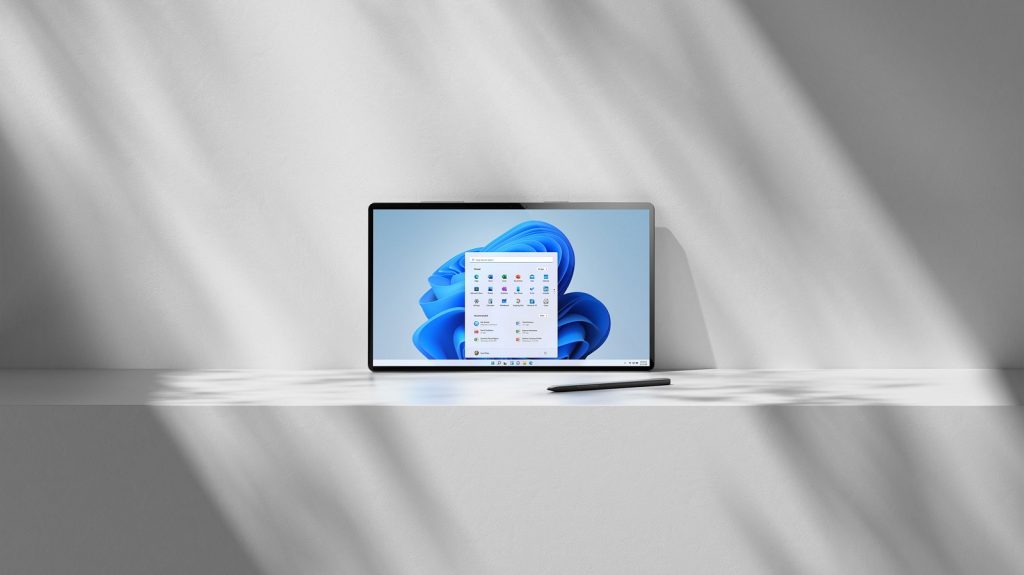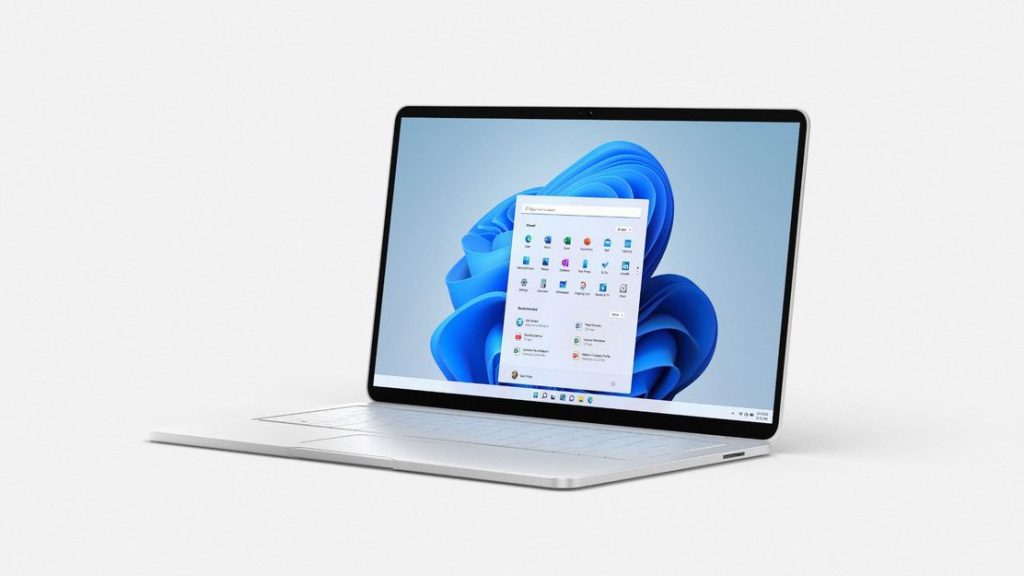With youth unemployment above 60 percent, South Africa is betting on digital skills to drive inclusive growth. Here is how MICT SETA is positioning the next generation for the Fourth Industrial Revolution.
Windows 11 rollout starts on 5 October: What you need to know

Microsoft has announced it will begin to roll Windows 11 out as a free upgrade to eligible Windows 10 PCs from 5 October.
The company will also begin to offer devices that come pre-loaded with the new Operating System (OS) for purchase.
“As the PC continues to play a more central role in our lives than ever before — Windows 11 is ready to empower your productivity and inspire your creativity,” Microsoft said in a blog post.
The rollout comes a few months after Microsoft first previewed a build of the OS in the Windows Insider programme.
What to know about the Windows 11 rollout
The rollout will take a phased approach, starting from 5 October. Microsoft says that the rollout will focus on quality.
According to the company, this means that new eligible devices will get the offer for an upgrade first.
It will then roll out to other devices based on the consideration of several factors. These factors include hardware eligibility, reliability metrics, and device age.
All eligible devices should receive a Windows 11 upgrade by mid-2022.
Eligibility and how to check for the upgrade
The upgrade will be available to Windows 10 PCs for free.
Windows 11 comes with several requirements for installation to support its new features, including firmware features and settings. Users must also have an internet connection and a Microsoft account.
Notably, however, even some CPUs that meet minimum hardware requirements are not supported by the OS. The Microsoft website has a list of supported Intel processors and supported AMD processors so that users can check if their CPU is on the list of supported hardware.
You can also check compatibility using the PC Health Check app. Though it is currently unavailable, Microsoft said in its blog post it will relaunch the app soon.
To check if the upgrade is ready and available for you, go into your PC settings and select “Windows Update”. From there, click the “Check for updates” option.
Those who use a Windows 10 device but do not want to update to the new OS will be able to decline the ugrade.
Microsoft has said it will continue to support Windows 10 until 14 October 2025.
New devices supporting Windows 11
Microsoft also highlighted some newly released laptops that support Windows 11.
The company partnered with OEMs for its Windows 11 release to bring the OS to Windows 10 devices.
While Microsoft didn’t say whether the devices would receive day-one upgrades, it listed the following as eligible Windows 11 devices:
- Acer Swift 5 (SF514-55) and Swift X (SFX14-41G)
- Asus Zenbook Flip 13 OLED UX363 and Zenbook 14 UX425
- Dell Alienware x15, Alienware x17, and XPS 13
- HP Spectre x360 14 and ENVY x360 15
- Lenovo Yoga 7 and Yoga Slim 7i Pro
- Samsung Galaxy Book Pro and Galaxy Book Pro 360
- Microsoft Surface Pro 7 and Surface Laptop 4
Read more: Fake Windows 11 installers target users with malware
Featured image: Microsoft


